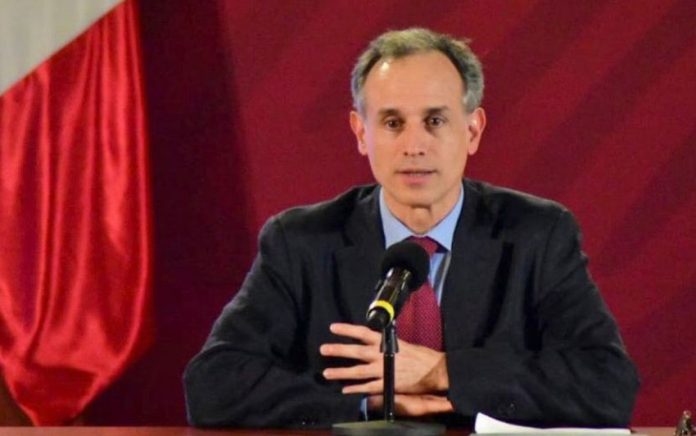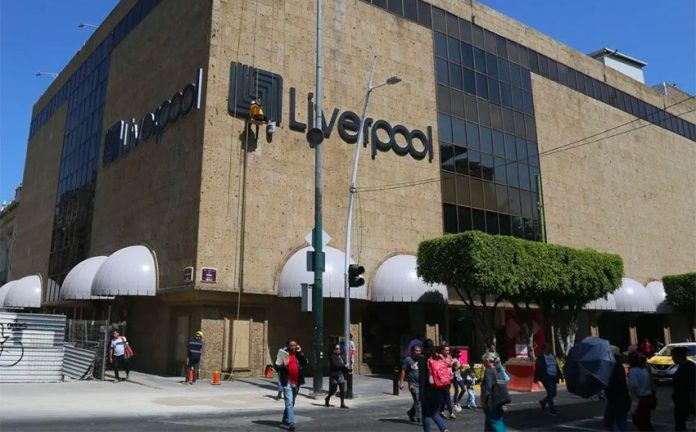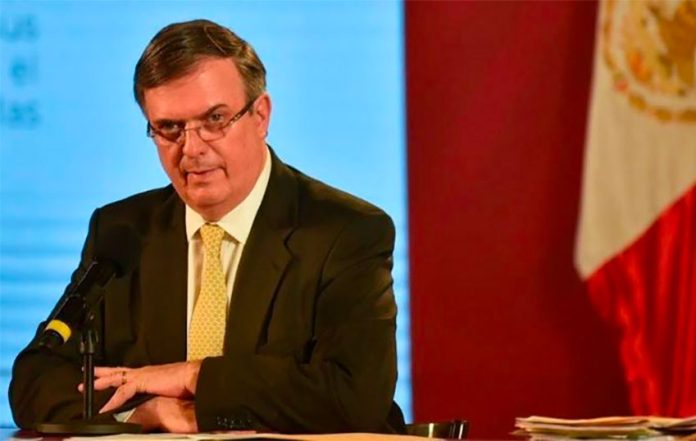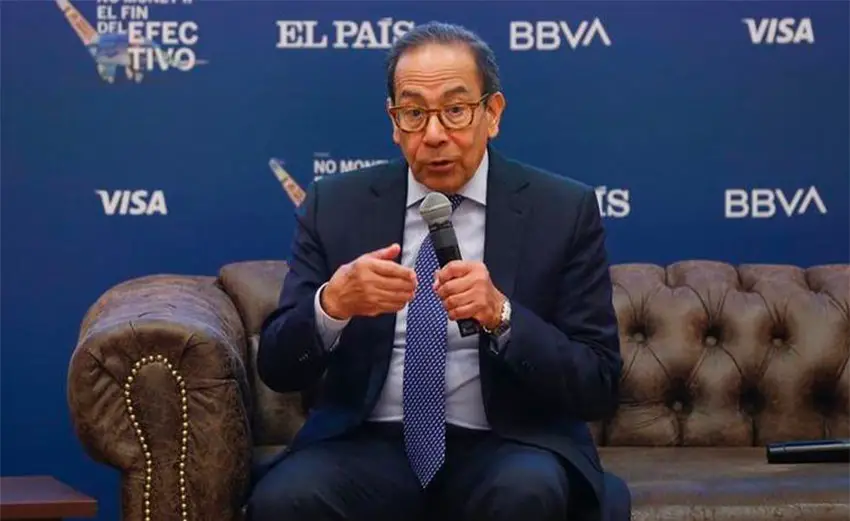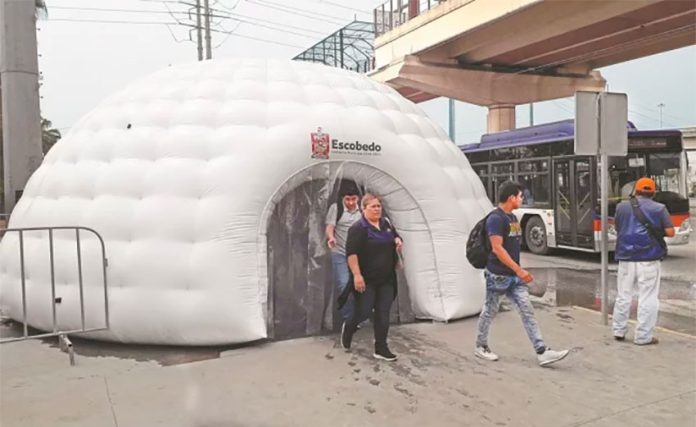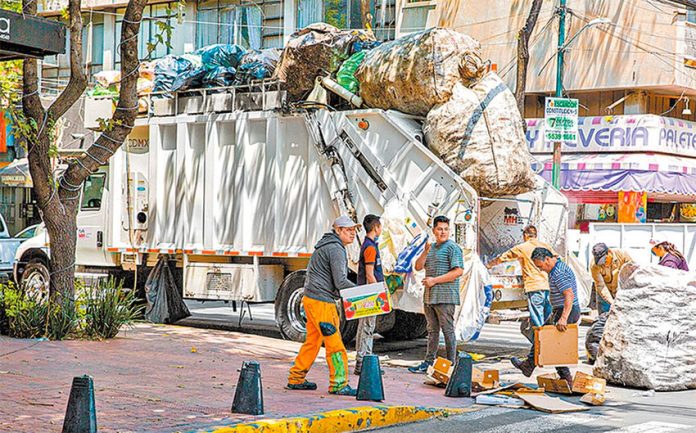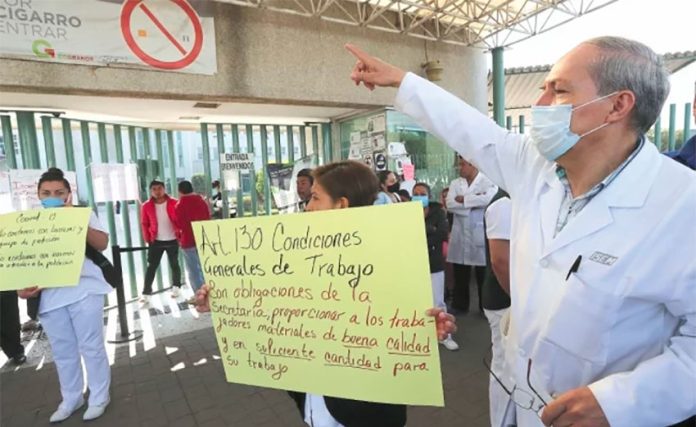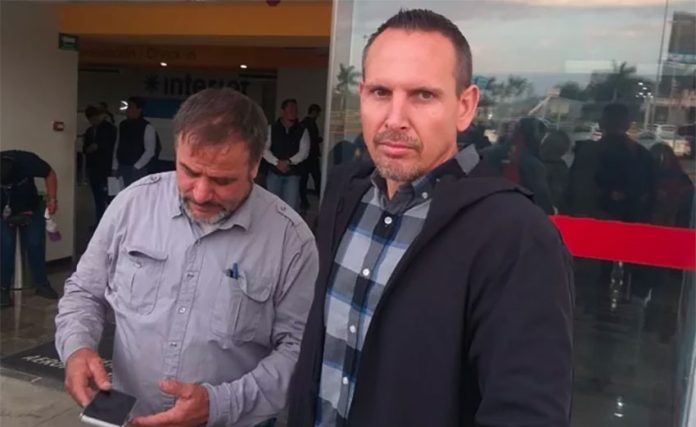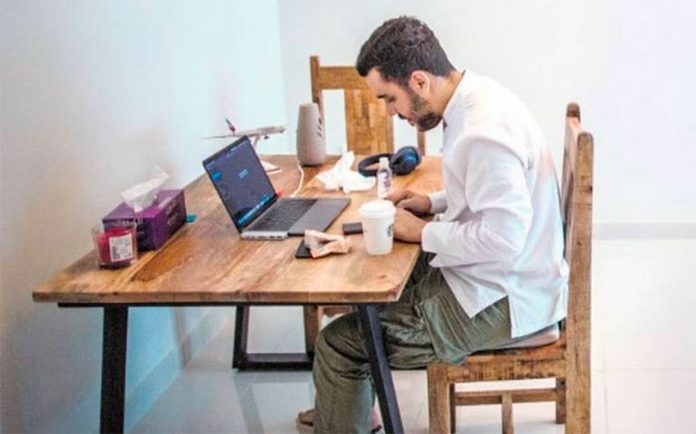The commencement of the government’s social distancing initiative on March 23 should soon result in a decrease in the number of confirmed coronavirus cases reported on a daily basis, Deputy Health Minister Hugo López-Gatell said on Tuesday.
“When 14 days have passed – in fact seven days on average – since the mitigation measures began, we’re going to begin to see changes in the inclination of this line [the epidemic curve]; we should see, hopefully we’ll see,” López-Gatell told reporters at the government’s nightly Covid-19 press conference.
“This would be a success not by us, the government, [but] a success by Mexican society for having stayed at home, out of public spaces,” he added.
López-Gatell said that “there is not a pre-established goal” that the government is aiming to achieve in terms of reducing the number of Covid-19 cases detected on a daily basis but stressed that any decline would be welcome.
“The ideal would be zero but we know that is impossible. Any gain in which the speed [of infection] is reduced is a success, a triumph of the community mitigation measures” he said.
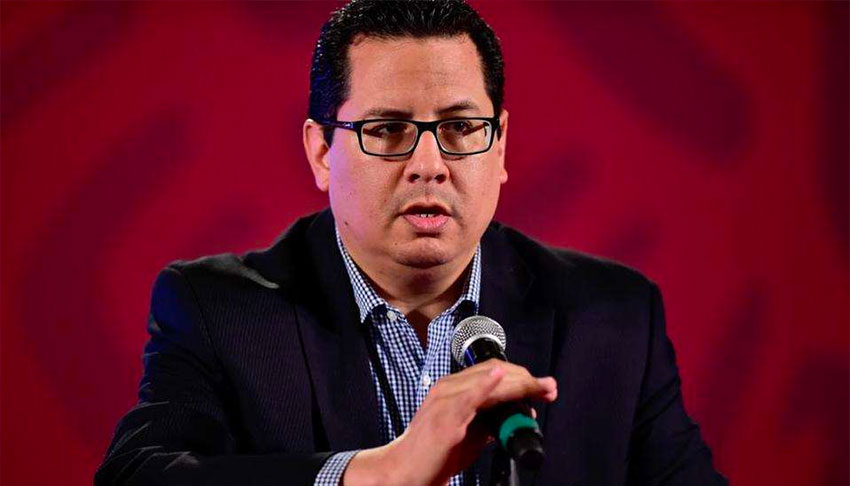
“In this case, the measures started on March 23 with the closure of schools; the closure of schools means the suspension of circulation in the public space of around 15 million people,” the deputy minister said.
If the number of Covid-19 cases reported daily doesn’t begin to decline, the government will have to consider even stricter measures to limit people’s movement, López-Gatell said, explaining that such a move would have an even greater impact on the economy.
Since the Sana Distancia, or Healthy Distance, scheme started at the beginning of last week, the government has already implemented stricter measures to contain the spread of Covid-19, declaring a health emergency on Monday that stipulated the suspension of non-essential activities until April 30, prohibited events seeking to gather more than 50 people and urged citizens to stay at home as much as possible.
The declaration came the same day as the number of confirmed cases in Mexico passed 1,000.
In the two weeks after the first two cases of Covid-19 were reported on February 27, only a very small number of additional cases were detected. However, the number of confirmed cases of the disease began to increase more quickly from March 13 and surged over the past week.
On Tuesday last week – the day the government said that Mexico had entered a phase of local transmission – health authorities reported that there were 405 confirmed coronavirus cases and five deaths.
Authorities reported last night that the number of confirmed cases had increased to 1,215, a 200% increase in the space of a week.
In addition to reporting 121 new confirmed Covid-19 infections, Health Ministry Director of Epidemiology José Luis Alomía announced that the coronavirus death toll had increased by one from a day earlier to 29.
He also said that there are 3,511 suspected Covid-19 cases – an increase of 759 compared to Monday – and that 6,282 people had tested negative for the disease. A total of 11,008 people have been tested, Alomía said.
Mexico City continues to have the highest number of confirmed cases in the country, with 234, followed by México state, Jalisco, Puebla, Nuevo León and Yucatán, where there are 149, 94, 81, 76 and 49 cases, respectively.
In per capita terms, Quintana Roo, where there are 47 confirmed cases of Covid-19, is the worst affected state in Mexico with a rate of 2.73 infected persons per 100,000 inhabitants.
Among the more than 1,000 people now confirmed to have been infected are 39 Mexican Social Security Institute (IMSS) healthcare workers and 21 other medical personnel employed at the Monclova General Hospital in Coahuila.
Three of the IMSS workers – two in Mexico City and one in Zacatecas – have died, the newspaper La Jornada reported, adding that it has not been proven that any of the 39 IMSS employees were infected with Covid-19 while at work.
With regard to the 29 coronavirus-related deaths, Alomía said that the most prevalent comorbidities have been hypertension, obesity and diabetes. All but three of the Covid-19 patients to have died have been men.
Source: La Jornada (sp), Reforma (sp)
